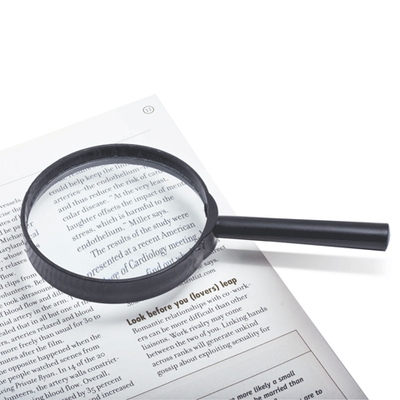NILSE has the ability to study the chemical composition of writing materials (notes made with ballpoint and gel pens, stamps and seals made with stamp ink, texts made with inkjet printers) in order to identify chemical components in them such as benzyl alcohol, phenoxyethanol, triethylene glycol, glycerin, etc. In a word, examination of documents is carried out. Based on the results of the study of these components, the age of the writing material is determined.

These chemical components are widespread components that are part of many materials and objects: paints and varnishes, perfumery and cosmetic products, medicines, wines and wine materials, plastics, technical fluids and detergents, etc. The study of such components (expertise documents) are carried out in industrial and scientific chemical laboratories, i.e. the conduct of such studies by non-state expert institutions does not contradict the Law of Ukraine “On forensic expertise”.
The examination of the document is carried out on modern equipment in a certified chemical laboratory based on the National Scientific Center of IVIV named after. Tairov in accordance with the requirements of the Law of Ukraine “On metrology and metrological activity”. Certified methods and techniques are used, including those introduced into expert practice.
The objects of study of the physical and chemical examination to establish prescription may be:
- Notes and signatures made with ballpoint and gel pens;
- Reprints of seals and stamps made with stamp ink.
- Printed texts made by inkjet printers.
Issues that are resolved by the examination of documents:
- Whether the age of the records (signatures, seals, texts) in the document corresponds to the date specified in it.
- In what period of time were the entries (signatures, seal impressions, printed texts) made in the document.
- At the same or different periods, entries (signatures, seals, printed texts) were made in the document.
- Whether handwritten additions were made to the entries in the document, if so, in what period of time.
- Does the document show signs of exposure that led to “artificial”aging of its props.
Possibilities of chemical examination of notes made with ballpoint pens:
- determining the age of records (signatures) made up to 5 years (generally) before the examination;
- determining the fact of inconsistency in the age of records (signatures) in documents dating back more than 5 years;
- determining the impact factors on the document that led to the “artificial” aging of records (signatures).
Possibilities of chemical examination of notes made with gel pens:
- determining the age of records (signatures) made up to 1 year (generally) before the examination;
- determining the fact of inconsistency in the age of records (signatures) in documents dating back more than 1 year;
- determining the impact factors on the document that led to the “artificial” aging of records (signatures).
Possibilities of chemical examination of prints of seals and stamps made with stamp ink:
- determining the age of impressions made up to 1.5 years (generally) before the examination;
- determining the fact of inconsistency in the age of prints in documents dating back more than 1.5 years;
- determination of factors affecting the document that led to “artificial” aging of prints.
Possibilities of chemical examination of texts printed on inkjet printers:
- determining the age of texts written up to 1.5 years (generally) before the examination;
- determining the fact of inconsistency in the age of prints in documents dating back more than 1.5 years;
- determining the impact factors on the document that led to the “artificial” aging of texts.
Preparation of materials for examination:
- research is carried out only with original documents;
- documents containing at least 4 cm of a stroke of writing material of normal saturation are suitable for research (small entries, additions, signatures of low saturation are unsuitable for research);
- since the methods for determining the age of details are based on destructive physical and chemical methods of studying the materials of the letter, permission from the court (the body that ordered the examination) is required to damage the records (signatures) under study;
- if there are conditionally free samples, it is desirable to provide them (this is possible ifstudy of notarial books, accounting documents, etc.), it is unlikely that such samples will be available when “single documents” (receipts) are sent for examination.
If you need an examination of documents in Ukraine, then contacting us will be the right step.
 >
>